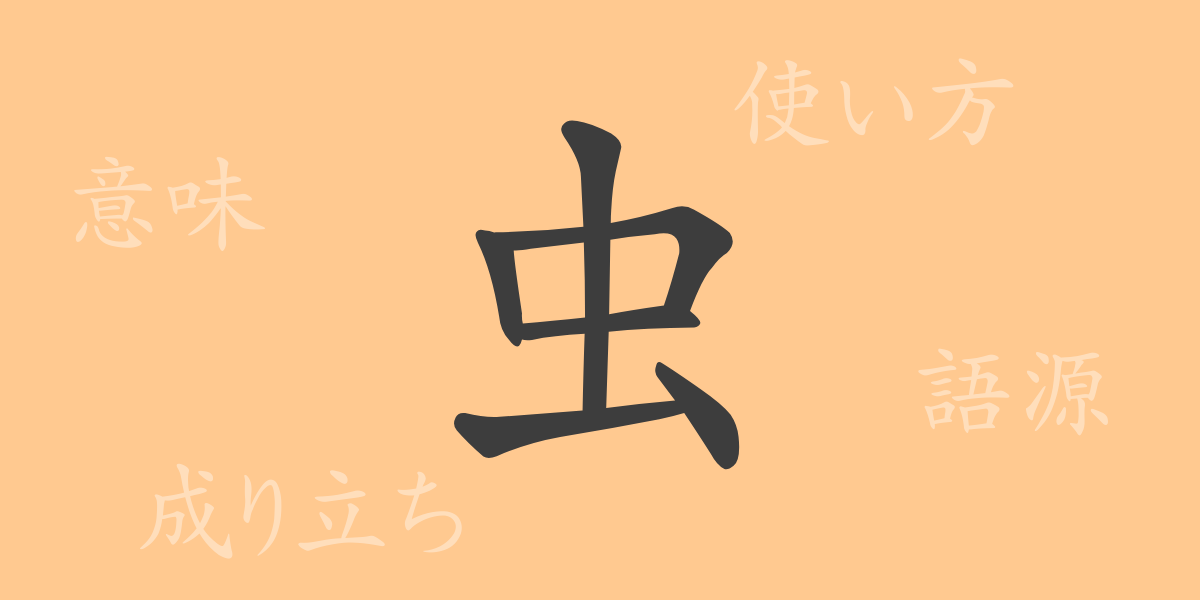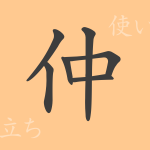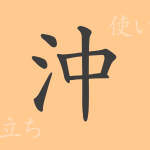The beauty and complexity of Japanese language and culture are encapsulated in its Kanji characters. Among them, the Kanji “虫(むし)” symbolizes the interaction between nature and humans, possessing a simple yet profound significance. This article delves into the historical background, meaning, usage, and the role of the Kanji “虫” in our daily lives.
Origins of “虫(むし)”
The Kanji “虫” originated from primitive pictographs in ancient China. Initially representing small wriggling animals, this simple pictogram evolved over time into the more abstract form we recognize today as “虫.” Historically, it was used to denote a variety of small creatures and has been a part of Chinese language from ancient times.
Meaning and Usage of “虫(むし)”
In modern Japanese, “虫” commonly refers to insects, but broadly it can also denote worms or small animals. Additionally, it appears in metaphoric expressions and words that convey emotions. For instance, in the phrase “虫が良すぎる,” “虫” metaphorically represents one’s feelings or conscience.
Readings, Stroke Count, and Radical of “虫(むし)”
The Kanji “虫” is frequently used across various contexts as a common Kanji in Japan.
- Readings: On’yomi “チュウ”, Kun’yomi “むし”.
- Stroke Count: 6 strokes.
- Radical: The radical is 虫偏(むしへん).
Phrases, Idioms, and Proverbs Involving “虫(むし)”
There are numerous idioms and phrases that include the Kanji “虫,” illustrating the richness of expression in the Japanese language. For example, “虫が好かない” is used to express a feeling of unease or dislike. “虫の知らせ” refers to a premonition or gut feeling. These expressions showcase the depth of Japanese linguistic expression.
Conclusion on “虫(むし)”
Each Kanji character reflects the culture and history of its nation. The Kanji “虫” is no exception, encompassing a broad spectrum of meanings from tiny natural beings to aspects of the human psyche. Through this article, we hope you have gained some insight into the rich history and cultural depth embedded in the Kanji “虫.”

























